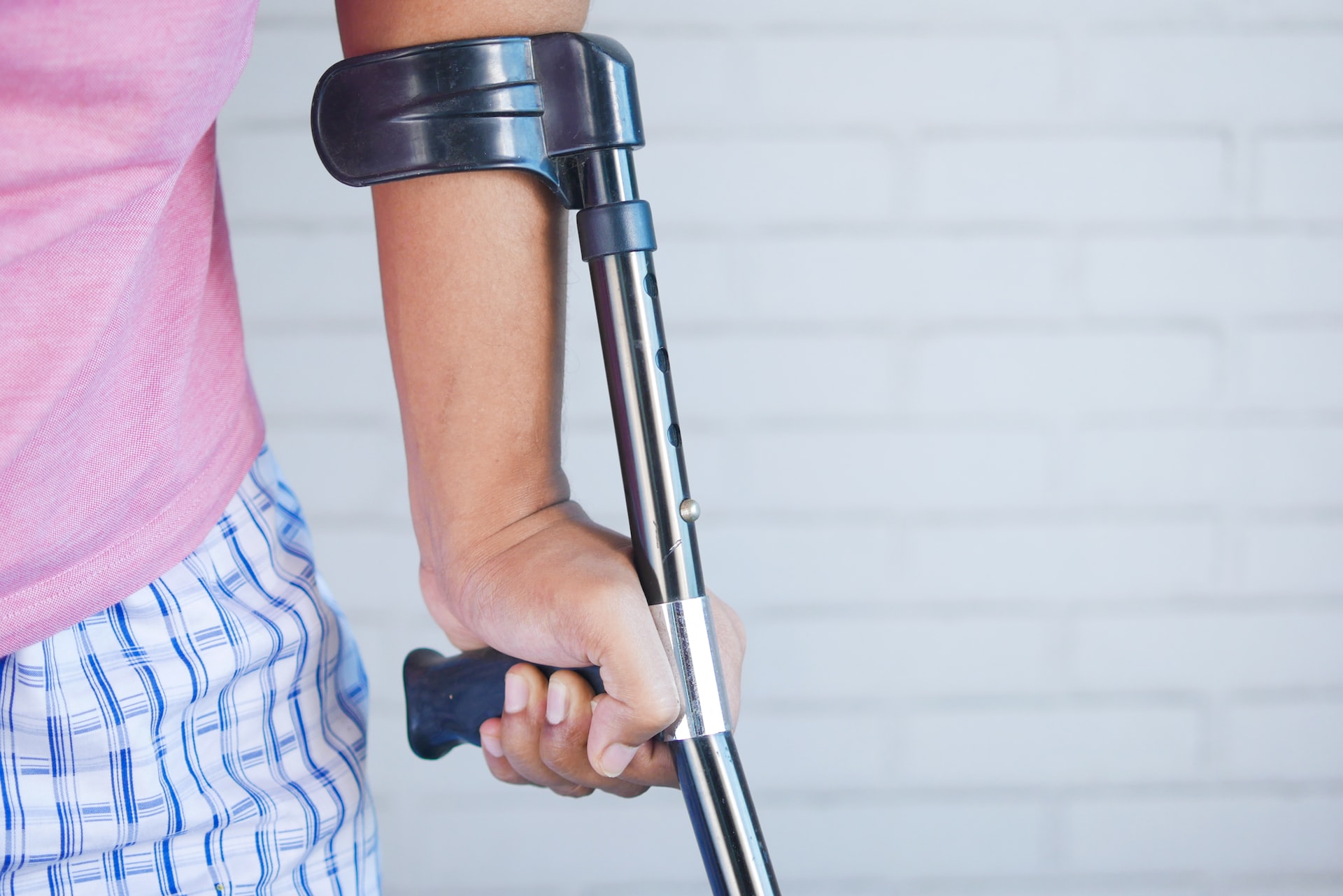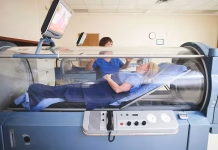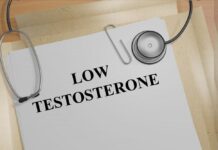Personal injury claims are often settled out of courtrooms and often try to involve the victim as little as possible. The vast majority will be handled by insurers on both sides of the claim and rarely need to involve recovering victims of incidents. Often, the effects of personal injury, or witnessing an accident, can have far-reaching mental impacts.
Courts take mental health-related suffering very seriously, however. It can be calculated and included in calculating compensation, as the quality of life can be severely affected, and last long after any physical ailments might have been healed. Some conditions even simply have to be managed rather than cured. The key is to be able to attain the correct diagnosis, evidence, and understanding of your condition and how they have impacted areas of your life.
After all, insomnia or anxiety might stop a person from being able to hold down a job or earn a living. Courts take into account anything that can be quantified from that standpoint. While short periods of discomfort or upset are very common after an incident and may fade with time, the statistics reveal that many accidents can lead to the sort of mental impact you can claim back on.
A legal study found that psychiatric issues and even disorders (typically much longer lasting) were found in almost half of victims (47%) within the first six weeks. However strikingly, the figure barely dropped after half a year, to 43%. As you can see, the commonality of mental health issues after a personal injury is not only very common but also should be taken seriously. Being able to notice signs, how to have them documented and how they are affecting your life can be incredibly valuable information to have, should the worse happen.

What Sorts Of Personal Injury Claims Commonly Result in Claims?
Trauma can occur under so many circumstances, but some of the most common claims are closely related to causing these relevant mental issues.
Road Accidents
Everyday tasks like driving are not only very common in personal injury claims (The Department Of Transport registered over 150,000 occur per year, on average), but the nature of these incidents can lead to psychological blockers related to driving, and make leading a normal life much harder.
Workplace Injury
Workplace accidents are particularly difficult due to the difficulty many have in claiming against their employer. As common as they are, these cases might be disputed for longer, or result in a person needing to seek new employment; both of which can aggravate mental health issues.
Life Changing Injuries
Serious injuries sometimes result in a person’s life-altering in a fundamental way, whether it’s motor-related or affected mental capacity. Specialist solicitors are highly recommended for cases like this, as the resulting impact on quality of life can be so multi-faceted. Some specialize in very specific areas of injury, such as Head & Brain injuries, Spinal injuries, or PTSD disorders. In the UK and Ireland, firms like McGinley Solicitors are particularly well-equipped and handle many of these kinds of cases every year. In a court proceeding or arbitration, due to the higher cost of a life-changing injury, having a good solicitor behind you is vital. Fast resolutions are one thing, but compensation needs to be adequate to cover the extent of an injury sufficiently for a smooth recovery.

What Are Primary And Secondary Victims
Being a primary or secondary victim of a crime doesn’t mean you can or cannot make claims, courts will want to hear regardless but it’s worth knowing the difference.
Primary Victims
If you were the driver or in a vehicle at the time of an incident, and received emotional distress as a result of the incident, even if the physical injury wasn’t present, you’re entitled to try and claim compensation back for this through legal means.
Secondary Victims
For those who may have witnessed or arrived on the scene of an incident, you qualify as a secondary victim. In this case, having a family relation or being closely tied to a victim can give you a chance of claiming compensation, however, simply being an unrelated witness typically doesn’t guarantee you the same right to claim compensation for emotional suffering.
What To Look For
Signs and symptoms of mental suffering are important to recognize and you’ll be required to receive medical confirmation of your issues, to verify in a legal proceeding.

Insomnia
The inability to sleep is a very common result of personal injuries, but it’s also misunderstood. It often won’t be a total lack of sleep, and can often be poor quality or inability to maintain sleep. The Mayo Clinic has some great guidance on noticing the nuances that a disorder like insomnia can feature.
PTSD
Typically experiencing flashbacks, nightmares, or triggering moments relating to the incident for more than a month afterward is classed as Post Traumatic Stress Disorder. An estimate from the NHS actually thought that 33% of people experiencing trauma will develop some form of PTSD, so it’s good to know the symptoms and very normal to see it in a personal injury claim.

Anxiety & Depression
Anxiety as a response to trauma is actually quite normal and in some ways healthy. However, the prolonging of symptoms well after an incident is not conducive to recovery and can affect leading a normal life. Depression is a little more wide-reaching and can result in the person experiencing lower moods and energy levels, as well as cross-over symptoms like insomnia and panic attacks.
Compensation is a tool with which victims of personal injuries can focus on the most important thing after traumatic incidents. Getting back to normality, and leading a healthy and happy life professionally, socially, and recreationally.
Knowing where you stand, and the things you’re experiencing, before raising a claim can help your solicitor to fight for a fair resolution to your experience, and make sure your road to recovery is supported enough to secure you a future after such a difficult time in your life.







